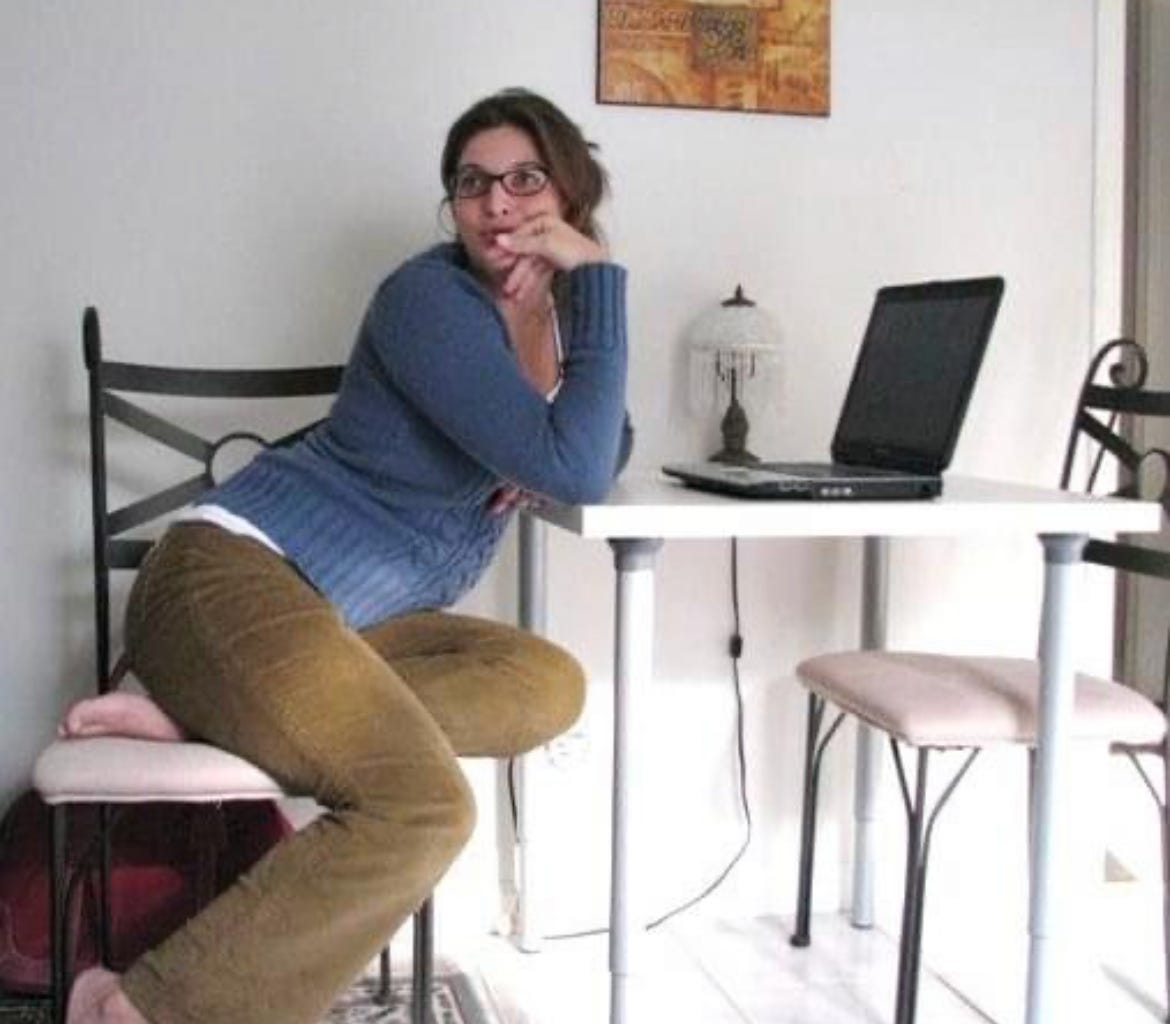I was walking up the boardwalk yesterday when I crossed paths with a family heading in the opposite direction.
It was a man, probably in his mid 30s, a woman, and two young girls under 5. He was pushing an empty stroller.
I only took notice of them because of his thunderous voice yelling at his little girl to “get the fuck out of the way”.
What happens when you stop performing?
Most people won’t.
Not because they can’t, but because they have no idea who they are without the act.
The algorithm doesn’t just live in apps. It lives in the body. It lives in the nervous system, and in the micro-decisions that constantly calculate how to be seen, how to be safe, how to be chosen.
You could delete the app and still be performing.
You can stop posting and still be performing.
You could be quiet, strategic, branded as “above the noise,” and still be hooked.
That’s how deep it goes. You’re already conditioned.
The algorithm trains people to measure their worth by their output.
It trains them to filter truth through marketability.
It teaches them to anticipate reward and avoid rejection.
It doesn’t need a platform to function. It just needs a willing host. And for many people, it’s already fused with their identity. It’s all set in motion long before one is ever conceived.
So when you stop performing, what surfaces isn’t just emptiness. It’s everything the performance was covering.
Fear.
Insecurity.
Disorientation.
The shame of being invisible.
The guilt of having once played the game well.
The grief of realizing how many people only ever saw a version of you that you curated to survive.
“They loved human praise more than praise from God.” (John 12:43)
Most people don’t know they’re addicted to being understood.
Until they choose to stop explaining themselves.
And then the silence becomes unbearable.
The silence is where the algorithm unravels.
This is where you remember how often you spoke just to stay relevant.
How many insights you offered before they were fully lived.
How much you disclosed, not because it was time, but because it performed well.
How many prayers you posted.
How many moments you packaged.
How much of your life was arranged around being seen a certain way by people who never really saw you.
Leaving the algorithm doesn’t just strip you of audience.
It strips you of false belonging.
And if you’ve never known belonging without performance, that loss will feel like death.
Because it is.
It is the death of the persona you built to survive an economy that punishes people for being whole.
What’s left in the aftermath isn’t “freedom” right away.
It’s withdrawal.
It’s recalibration.
It’s isolation without aesthetic.
It’s sitting in a room with your own voice and realizing you don’t recognize it.
But this is the beginning of sovereignty.
Not the curated kind.
Not the kind you hashtag.
Not the kind you learned in someone’s program about “stepping into your power”.
This is the real kind. The kind that cannot be monetized.
The kind that does not require an audience.
The kind that tells the truth, even when no one claps.
The kind that doesn’t need to be first, or best, or even heard.
It only needs to be yours.
“Be still, and know that I am God.” (Psalm 46:10)
If you stay in that stillness long enough, you’ll start to remember what it’s like to feel God again.
Before the content strategy.
Before the commentary.
Before the pressure to build something from every revelation.
Not everything you receive is meant to be shared.
Not everything you live is meant to be processed publicly.
Not everything you carry is meant to be turned into a teaching.
There is life beyond the feed.
But first, you have to leave it.
Not once, but again. And again. And again.
Every time, the temptation to be witnessed hijacks your willingness to just be.
When you stop performing, the real you doesn’t show up right away.
But the false one begins to fall apart.
And that’s where God can finally move through you again—without filters.



